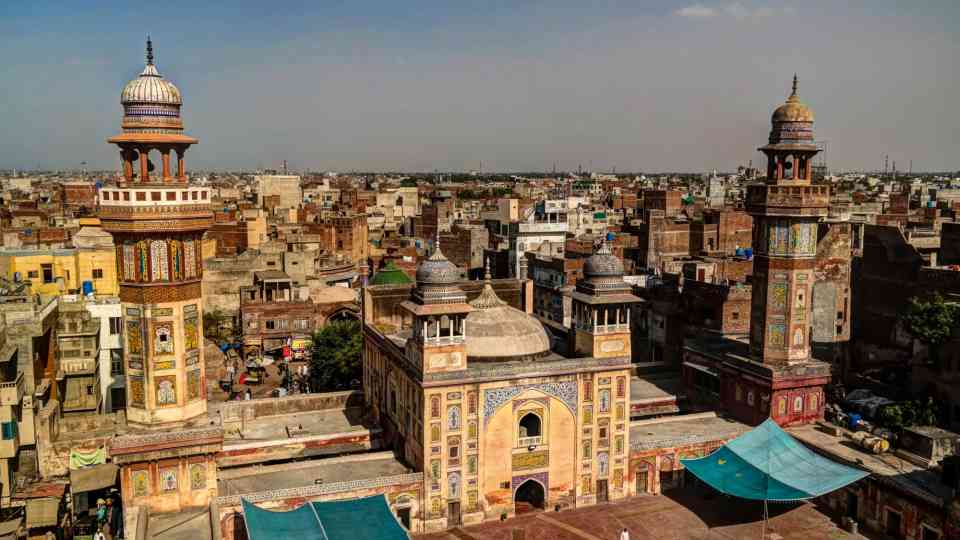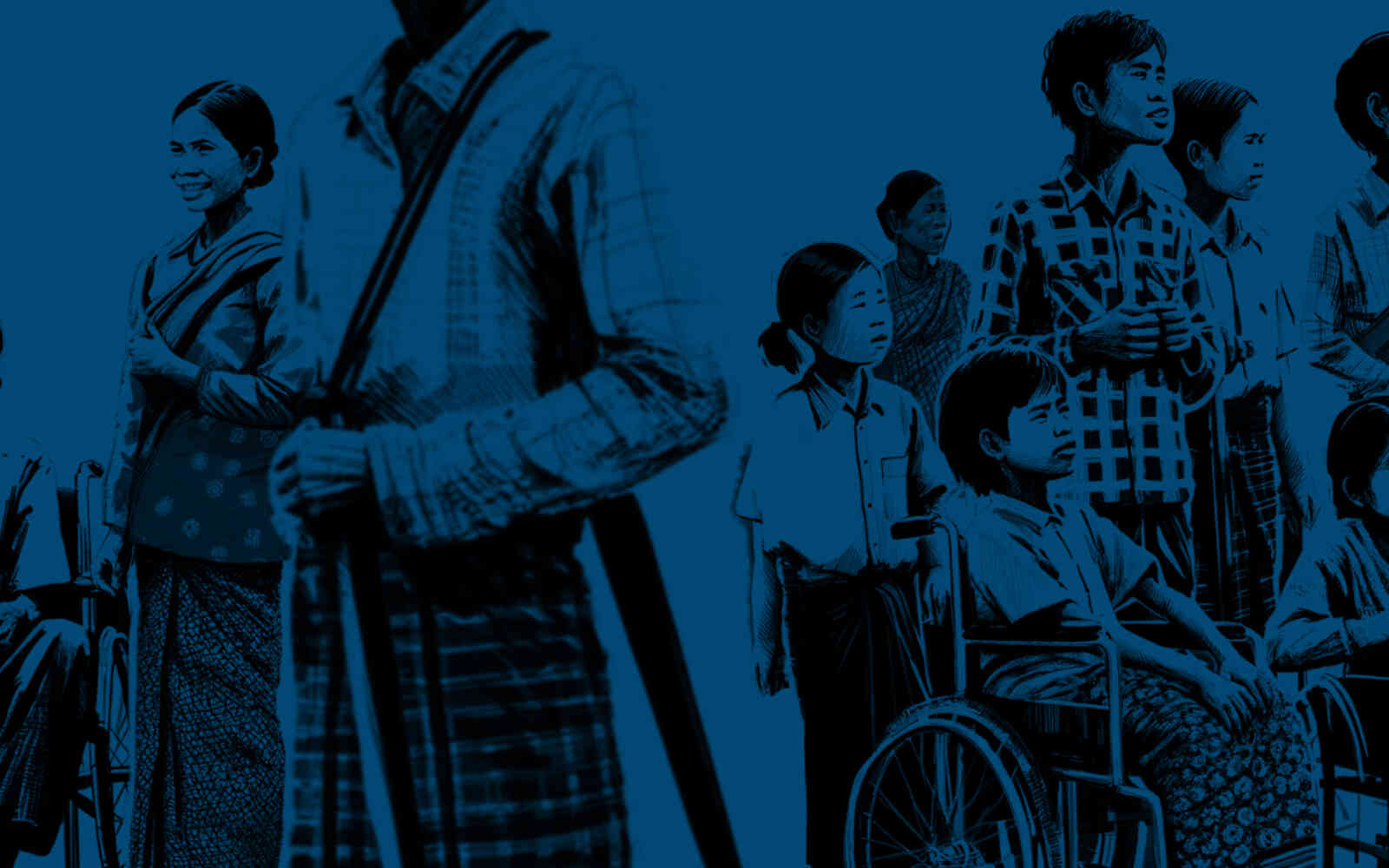The United Nations Office for Project Services (UNOPS)

The journey to equality can start with a safe and reliable bus service
To ensure inclusive and equitable education as well as decent work for all, we must remove the barriers that keep women and girls – half the world’s population – from accessing opportunities.
In order to participate equally in political, social and economic life, women and girls need mobility. In many societies around the world, sexual harassment in public spaces has long been a barrier to this mobility and a general sense of security, constraining women’s access to education and employment opportunities, outside the confines of home.
In Pakistan, women rely heavily on both private options and public bus services for their transportation needs. Unfortunately, many women find themselves subject to harassment from drivers, conductors, ticket collectors and male passengers. Women from the Khyber Pakhtunkhwa province are all too familiar with the problem.
- Pakistan rates 133 out of 189 countries
- 27% of women aged 25 or older have some secondary education versus 47.3% of men
- 24.9% of women aged 15 and above participate in the labour force versus 82.7% of men
Source: UNDP | Human Development Reports
We have to face many problems while traveling. We take two to three different vans to reach university. Due to this problem, we are burdened financially.”
Travelling by minivan is a common mode of transport for locals. Unfortunately, these small vans are often filled far beyond capacity with both men and women. They do not follow set schedules and stop at unplanned points along routes to pick-up passengers who flag them down.
Hadia Naqvi says that she dreads her daily commute in the overcrowded vehicles and the discomfort of having no personal space. Unfortunately, the cost of private transportation like taxis and car services is prohibitive and not an option for daily commutes.
Travelling by three-wheeled rickshaws, another local mode of transport, is known to pose its own security challenges.


There is a security risk to travel on rickshaw. Once while travelling on rickshaw, I witnessed two men on a bike snatching a handbag from a lady.”
The level of harassment while travelling has discouraged many women in Pakistan from seeking employment or further education. Others have considered resigning from their jobs or discontinuing their education to avoid necessary commutes on public transport.
The Sakura bus service is a game changer. In partnership with the governments of Japan and Pakistan, and UN Women, UNOPS is helping improve the transportation options available to women from the Khyber Pakhtunkhwa province. Under the project, 14 buses meant exclusively for women passengers and both boys and girls under the age of 12 will run through popular routes in the cities of Mardan and Abbottabad, the most populated areas in the Khyber Pakhtunkhwa province. A public service operated by women conductors, the buses will offer passengers a safe and reliable journey across the city, at a fraction of the cost of private options such as rickshaws and minivans.
The project, which launched earlier this year in both Mardan and Abbottabad, has already generated a sense of security amongst women passengers with one mother saying that the new service will give her peace of mind when her young daughter travels alone.
Project details:
Funded by the government of Japan, the $1.69 million Sakura bus project will help address some of the issues women face when accessing the public transportation system. Along with the 14 buses that will serve a 10 kilometre route in Mardan and an 18 kilometre route in Abbottabad, 31 bus stops have also been built along these lines. Each bus stop offers seating arrangements, shade and a reliable and uninterrupted electric power supply from solar panels - ensuring the bus stops are always well lit.
The project has been designed to be self-sustainable, generating enough revenue to cover the maintenance and operation of the buses long term. Efforts are also underway to train and recruit women drivers who will join the conductors to run the bus service.
Throughout the project UNOPS worked closely with UN Women as well as various bodies of the Khyber Pakhtunkhwa government to collect information on safety issues around transportation for women such as lighting, visibility and security at bus stops. Studies were also conducted to identify needs as well as evaluate the existing transportation system, available routes and bus stops. The design and specifications for new buses and bus stops were developed by UNOPS and the Transport and Mass Transit Department of the government of Khyber Pakhtunkhwa. Gender sensitivity was considered at each stage of the project.
In future, the project may be extended to other cities of Pakistan.













